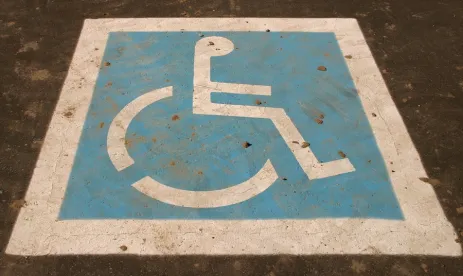Medicine being an inexact science, doctors’ notes concerning an employee’s ability to work with a particular accommodation are often tinged with optimism yet hedged by a less than definitive prediction about the likelihood of success. How much of a health care provider’s hope for change—some would say speculation or wishful thinking–must an employer accept when evaluating whether a requested accommodation will enable an employee to perform the essential functions of the position?
The Seventh Circuit’s recent decision in Stern v. St. Anthony’s Health Center (7th Cir. June 4, 2015) is a good place to start the analysis. There, the health care provider of a chief psychologist with memory loss said that “’it is possible that currently [the psychologist] would be more likely to be able to complete routine clinical duties’ by better note taking, completing documentation immediately” and eliminating or reducing certain duties. These steps would “likely” allow the doctor to compensate for his memory loss “more effectively.”
These “conclusory,” “speculative,” and “untested suggestions” and opinions were insufficient to create a factual issue about whether the plaintiff could perform the essential functions of his position with an accommodation, according to the court. It upheld a grant of summary judgment to the defendant on that issue.
In reaching its conclusion, the court revisited three of its prior decisions on this issue. The prediction about the employee’s ability to work with an accommodation was too speculative in two of them. In one, a doctor’s note state that “there was a good chance” that the plaintiff would be able to return to work with treatment.” This was “too conclusory and uninformative” to support a conclusion that more leave would have been successful, the court said. In the second case, the plaintiff’s evidence was that “she had hoped for enough improvement to return to work regularly after leave” but failed to produce “medical evidence regarding the effectiveness of the treatment.” In the third case, the plaintiff’s evidence “suggest[ed] that a reasonable accommodation was readily available; [plaintiff] simply needed further medical testing and a prescription to control her narcolepsy.” The court held that that evidence was sufficient to create a question about whether the plaintiff could work with an accommodation.
Of course, there are many gradations between “just needs a prescription” on one end of the “hope for change” continuum and the speculative untested suggestions on the other.




 />i
/>i

